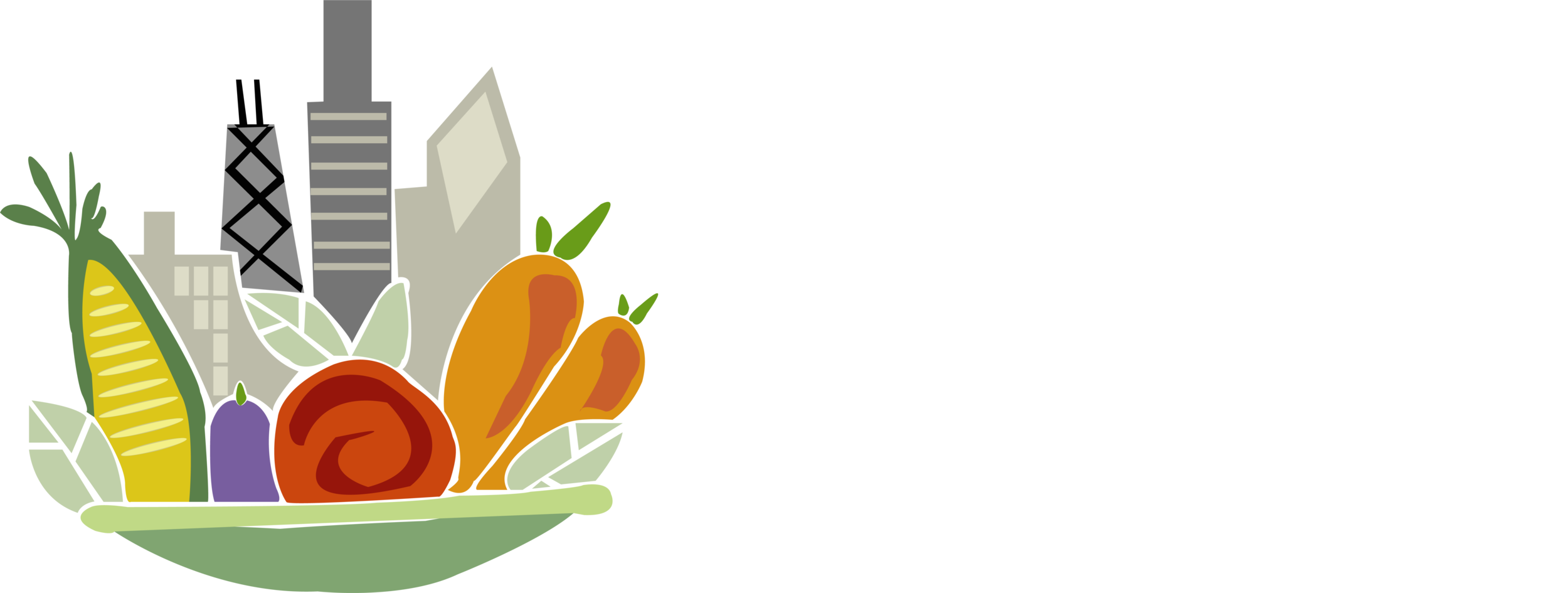FACT’s 2021-22 Fund-a-Farmer Grants↓
Click here for more information. Purpose: FACT awards competitive grants of up to $3,000 to working, independent farmers located in the U.S. who raise beef cattle, bison, broiler chickens, dairy cows, ducks, geese, goats, laying hens, pigs, sheep and/or turkeys Amount: $3,000 Deadline: January 20th, 2022
National Association for the Self-Employed Growth Grants↓
Click here for more information. The purpose of the Food and Agriculture Service Learning Program is to increase the knowledge of agricultural science and improve the nutritional health of children. The program’s goal is to increase the capacity for food, garden, and nutrition education within host organizations or entities, such as school cafeterias and classrooms, while fostering higher levels of community engagement between farms and school systems by bringing together stakeholders from distinct parts of the food system. The initiative is part of a broader effort to not only increase access to school meals for low-income children, but also to dramatically improve their quality. Amount: $4,000 Deadline: There are multiple rounds of funding
Click here for more information. Purpose: “Our local community grants are awarded through an open application process and provide funding directly from Walmart and Sam’s Club facilities to local organizations in the U.S. Don’t know how to determine your local facility? Don’t worry, the application will assist you.” Amount: Up to $225,000 Deadline: January 31st, 2022
Illinois Farmers Resilience Fund ↓
Click here for more information. Purpose: “Projects must be designed to improve the capacity and diversity of the local food supply. Visit website (linked above) for more details on criteria and eligibility. Amount: Up to $10,000 Deadline: February 15th, 2022
Healthy Food Financing Initiative Technical Assistance↓
Click here for more information. Purpose: As part of the Healthy Food Financing Initiative (HFFI), the Reinvestment Fund provides technical assistance for early stage healthy food access projects in underserved areas with a focus on management, financial health, and operations. Amount: Unclear, but includes technical assistance. Deadline: ongoing
Beginning Farmer and Rancher Development Program ↓
Click here for more information. Purpose: BFRDP is a competitive grants program that provides funding for educational, training, and technical assistance programs to assist beginning farmers and ranchers across the United States and U.S. territories. For over a decade, this program has helped aspiring producers to launch careers in agriculture, and beginning producers to maintain and grow successful farm and ranch businesses. Amount: Grant amounts range from $50,000 - $600,000. Deadline: 3/24/2022 (for FY22 projects).















